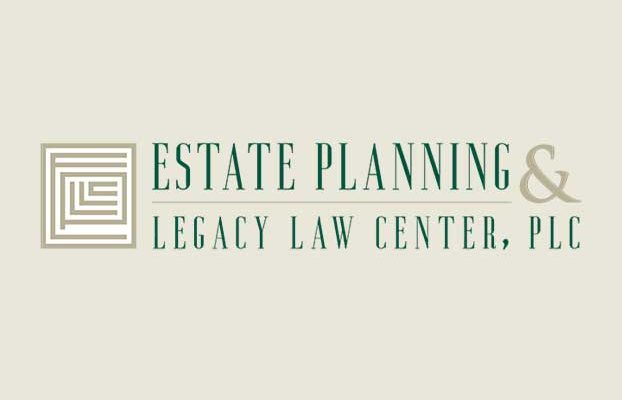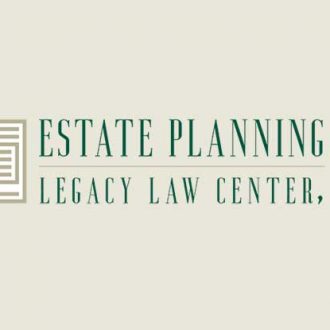
The inexperienced person appointed as an executor may make some mistakes that are easily avoided.
Friends or relatives may be the first choice when considering an executor for your estate but they may make some avoidable mistakes because they are not familiar with the process and may hesitate to seek professional advice.
The National Law Review discussed some of these mistakes in "Common Pitfalls Made by Executors of Estates," including:
- Many executors fail to get proper certification from the court before beginning their duties. A court must grant approval of the executor's assignment before the executor has legal authority to act.
- Executors often fail to notify all potential heirs to an estate and instead only notify those people mentioned in the will. This can lead to claims against the estate.
- Executors should open a bank account for the estate instead of using their own personal accounts.
- Executors often do not resist the temptation to distribute estate assets before claims against the estate are paid. This is especially troubling if assets are distributed before taxes are paid and can lead to personal liability for the executors.
- Executors are required to keep detailed and accurate records about how they handle estate assets. Many do not do so.
An estate planning attorney would be helpful in your naming a friend or relative as an executor and gaining their permission as well as their obtaining professional advice if needed.
Reference: National Law Review (May 13, 2016) "Common Pitfalls Made by Executors of Estates"

